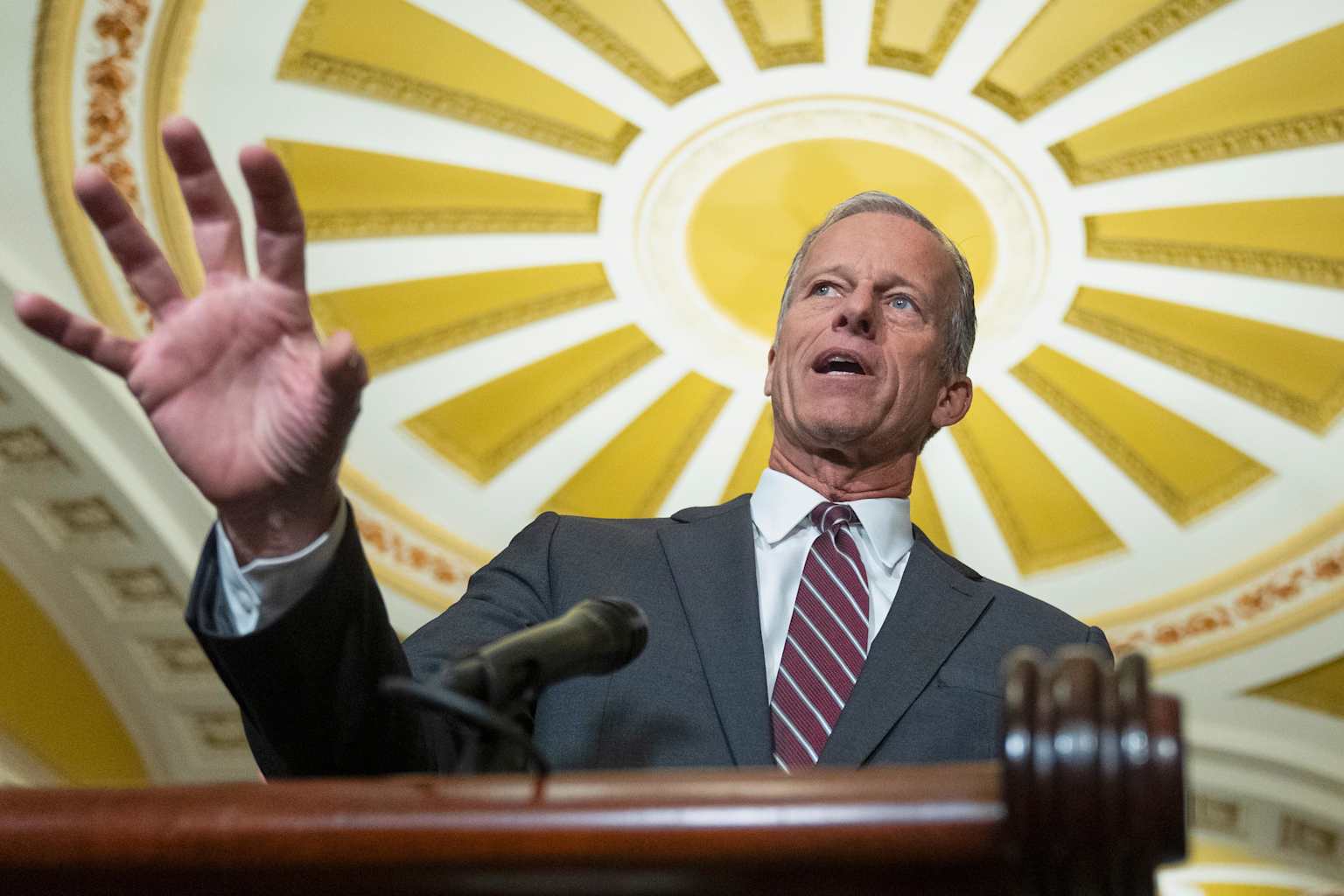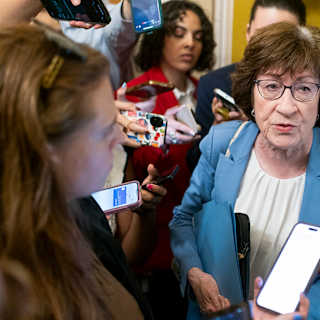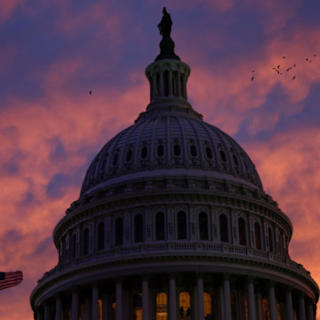- Revised Plan Overcomes Procedural Hurdle
- Stakes High for Reconciliation Package
The Senate parliamentarian cleared a revised Republican proposal requiring states to help fund the nation's largest food assistance program, salvaging a key cost-cutting measure for the GOP's sweeping tax and spending package after an earlier version was rejected just days ago.
The updated plan allows states to choose either their fiscal 2025 or 2026 payment error rates to calculate their required contributions to the Supplemental Nutrition Assistance Program, according to a statement from the Senate Agriculture Committee. The approval represents a $41 billion spending reduction that Republicans need to help finance their broader reconciliation bill.

The parliamentarian's approval Tuesday marks a reversal from Friday, when the same office ruled that the original cost-sharing proposal violated the Senate's Byrd Rule, which restricts what can be included in the budget reconciliation process12. That setback threatened to derail a centerpiece of Republican efforts to offset costs in their $4.5 trillion tax package1.
Under the revised approach, states would begin contributing to SNAP benefit costs in fiscal 2028, with their obligations calculated using payment error rates from either 2025 or 20263. Starting in fiscal 2029, contributions would be based on the average error rate from the previous three years. The maximum any state would pay is capped at 15 percent of SNAP benefits3.
States with lower error rates could avoid payments entirely if they maintain rates below a specified threshold3. The Congressional Budget Office had estimated the House's original, more aggressive version would save $128 billion over ten years2.
The approval provides crucial breathing room for Republican leaders racing to deliver President Trump's domestic priorities by July 4. The parliamentarian has already struck down multiple provisions, including plans to gut the Consumer Financial Protection Bureau and shift other SNAP costs to states1.
"We are continuing to examine options that comply with Senate rules to achieve savings through budget reconciliation to ensure SNAP serves those who truly need it while being responsible stewards of taxpayer dollars," Senate Agriculture Committee Chairman John Boozman said after the initial rejection2.
The cost-sharing plan faced opposition from state officials across party lines, who warned they would be forced to raise taxes, cut other programs, or limit SNAP access3. SNAP currently serves more than 40 million Americans and is fully federally funded, with states sharing only administrative costs4.
The revised proposal still faces an uncertain path, as the broader reconciliation package has drawn criticism for potentially leaving 10.9 million more people without health coverage while adding $2.4 trillion to the deficit1.



